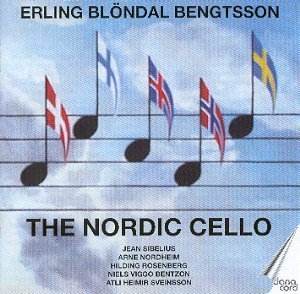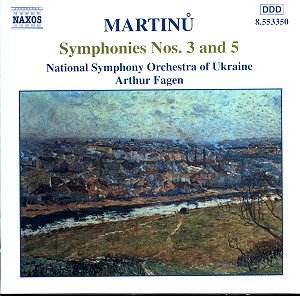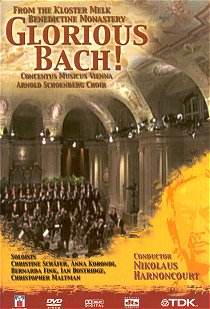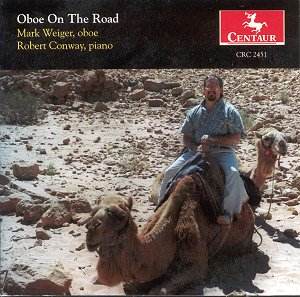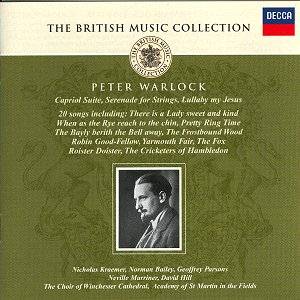 Composer: Peter Warlock
Composer: Peter Warlock
Works: Capriol Suite, Serenade for Strings, Lullaby, and 26 Songs
Performers: Academy of St Martin in the Fields/Marriner, Choir of Winchester Cathedral/David Hill, Norman Bailey/Geoffrey Parsons
Recording: DECCA, The British Music Collection 470 199-2
Label: DECCA
Peter Warlock, who navigated the artistic currents of the early 20th century, remains a unique voice within British music, blending folk idioms with a modern harmonic language. The present collection showcases a selection of his works, including the buoyant Capriol Suite and the introspective Serenade for Strings, alongside a comprehensive set of songs that span his creative maturity. Warlock’s output reflects an engagement with English folk traditions, infused with an innovative spirit that resonates through each piece.
The Capriol Suite, performed by the esteemed Academy of St Martin in the Fields under the baton of Sir Neville Marriner, reveals both the charm and structural integrity of Warlock’s writing. While the Basse-Danse may feel somewhat stiff and deliberate, the subsequent Pieds-en-l’air exemplifies the suite’s joyous character, executed with an airy lightness that captures the essence of its dance origins. Marriner’s interpretation, though occasionally cautious, is punctuated by moments of delightful exuberance, particularly in the lively movements. The Serenade, while possessing a tapestry of Delian sweetness, lacks the lush sonority that a fuller string section could offer; comparisons to Silvestri’s 1960s recording with the Bournemouth Symphony Orchestra suggest a missed opportunity for greater emotional depth.
Recording quality plays a pivotal role in the listener’s experience. The Lullaby, performed by the Choir of Winchester Cathedral under David Hill, suffers from excessive proximity in the recording, robbing it of the ethereal mystery that is its hallmark. This misstep stands in stark contrast to the otherwise high production standards of the disc, where the clarity of instrumental and vocal textures invites close listening. The subsequent collection of Warlock’s songs, interpreted by Norman Bailey and Geoffrey Parsons, serves as the disc’s centerpiece. Bailey’s voice, robust yet nuanced, navigates the diverse emotional landscapes of Warlock’s writing—from the raucous revelry of “Yarmouth Fair” to the poignant introspection of “My Own Country.”
Bailey’s interpretative choices are commendable, especially in “Ha’nacker Mill,” where he imbues the text with a deep emotional resonance. He is unafraid to adopt a playful manner in “Roister Doister” and “Twelve Oxen,” showcasing a commendable versatility that aligns well with Warlock’s eclectic style. While Bailey’s approach is occasionally more dramatic than Ian Partridge’s lighter touch, it offers a compelling alternative that resonates well within the context of Warlock’s oeuvre. The ensemble’s contribution, particularly the anonymous male choir in “Twelve Oxen,” adds a layer of richness that enhances the overall listening experience.
This compilation is a significant addition to the recorded legacy of Warlock’s works. The carefully curated selection not only highlights the composer’s unique stylistic vocabulary but also serves as a testament to the interpretative skills of the performers involved. The disc will undoubtedly appeal to both seasoned Warlock aficionados and newcomers alike, providing an engaging exploration of his musical landscape. The inclusion of the songs, in particular, cements this release as an essential resource for understanding Warlock’s contributions to British music in the early 20th century.
